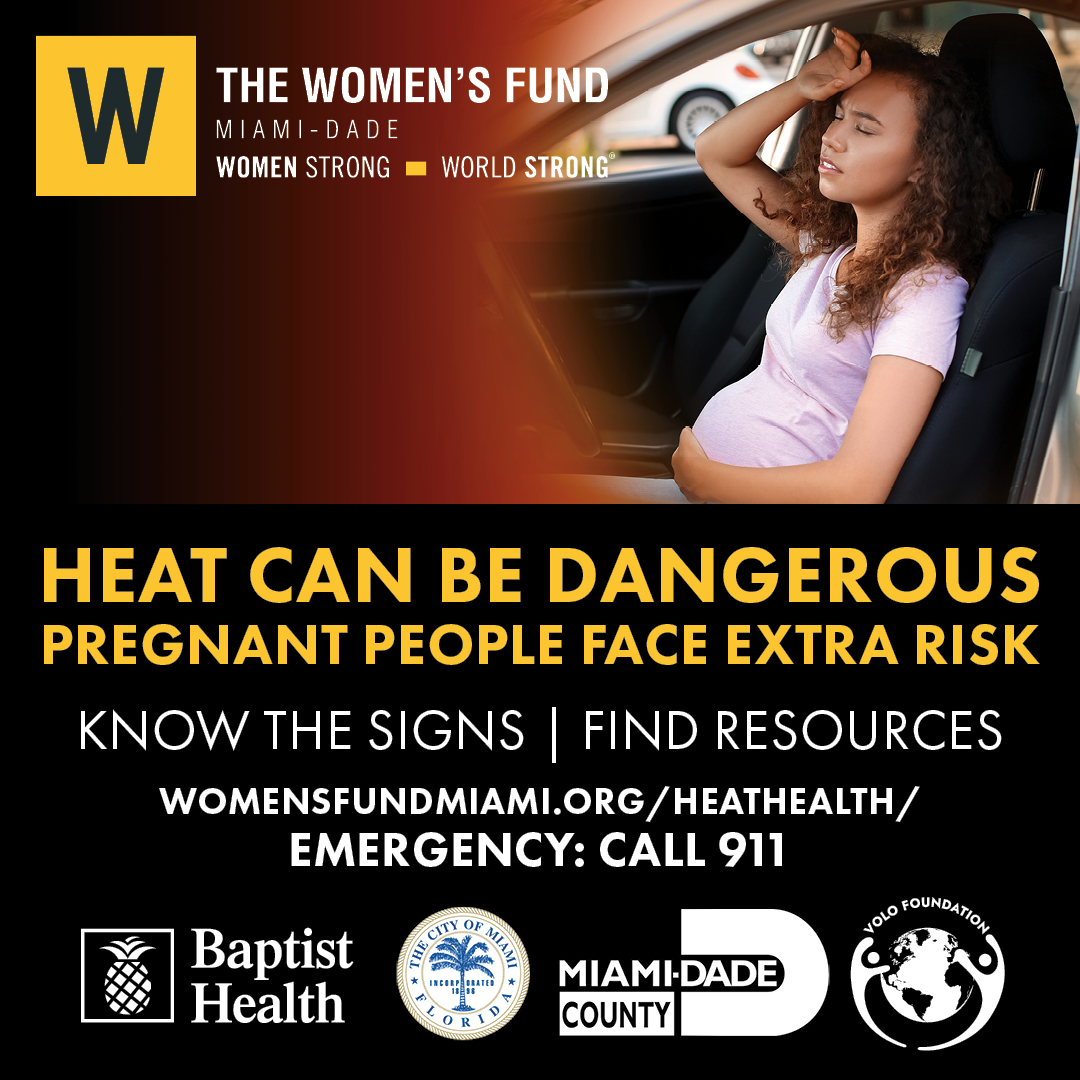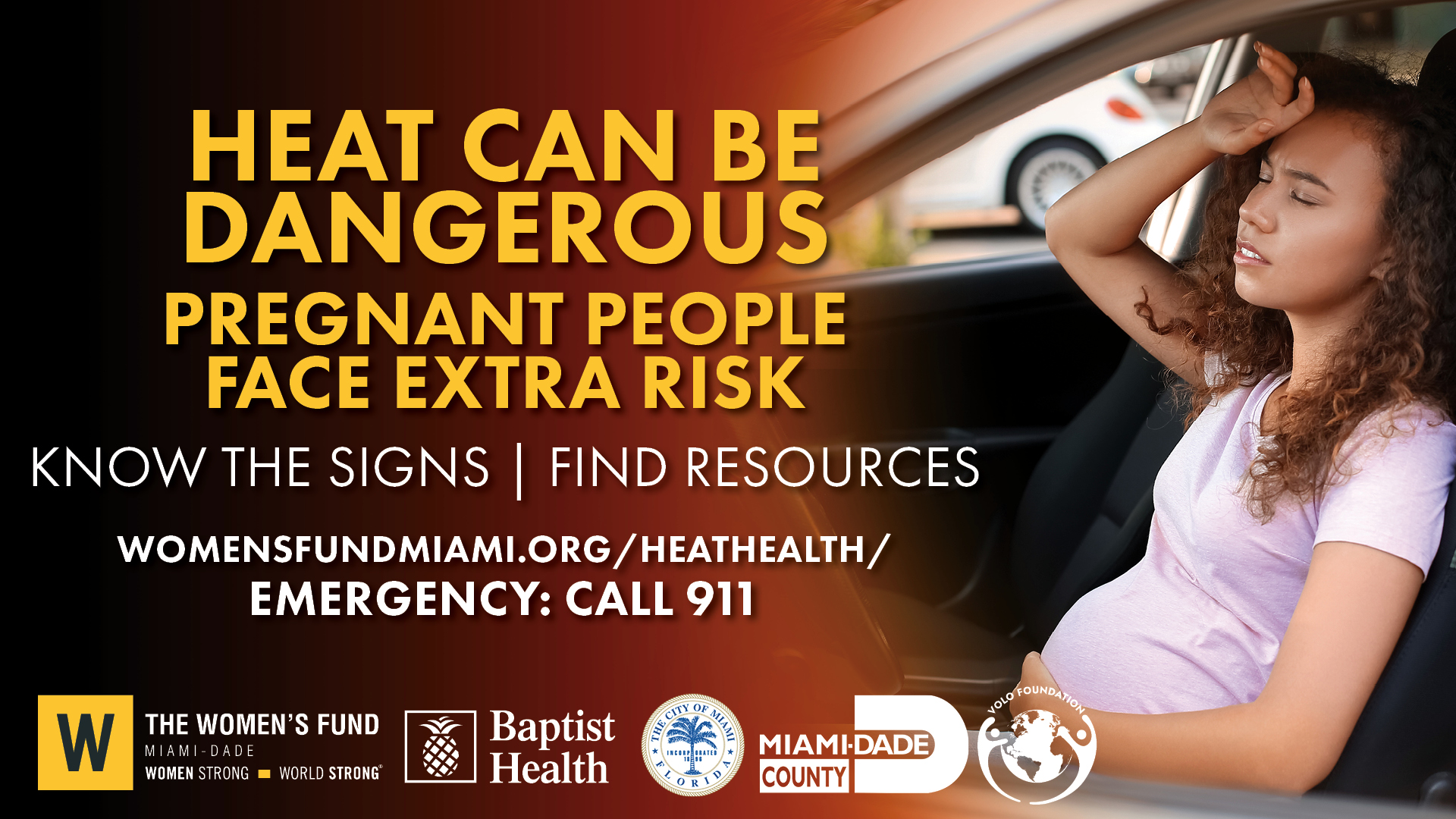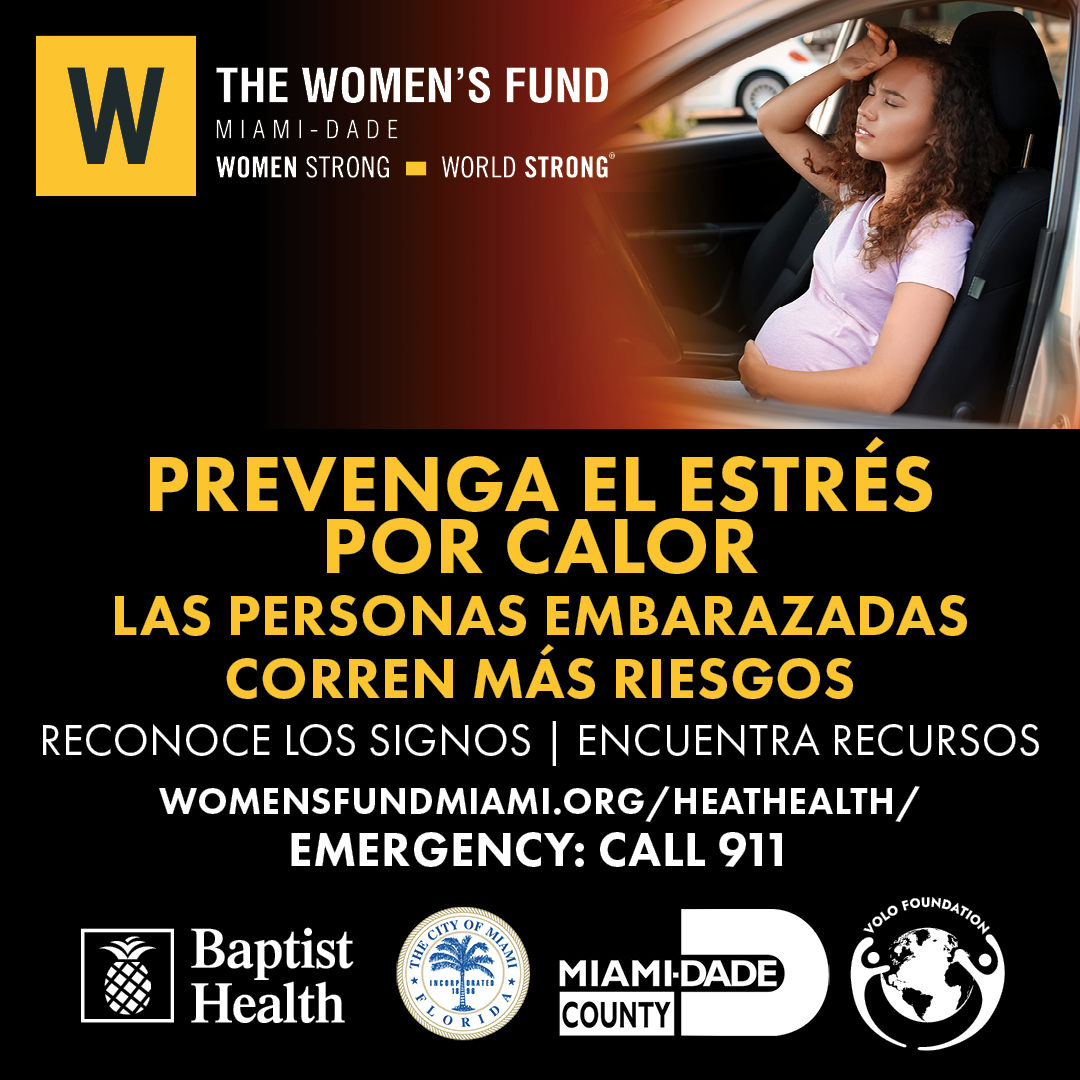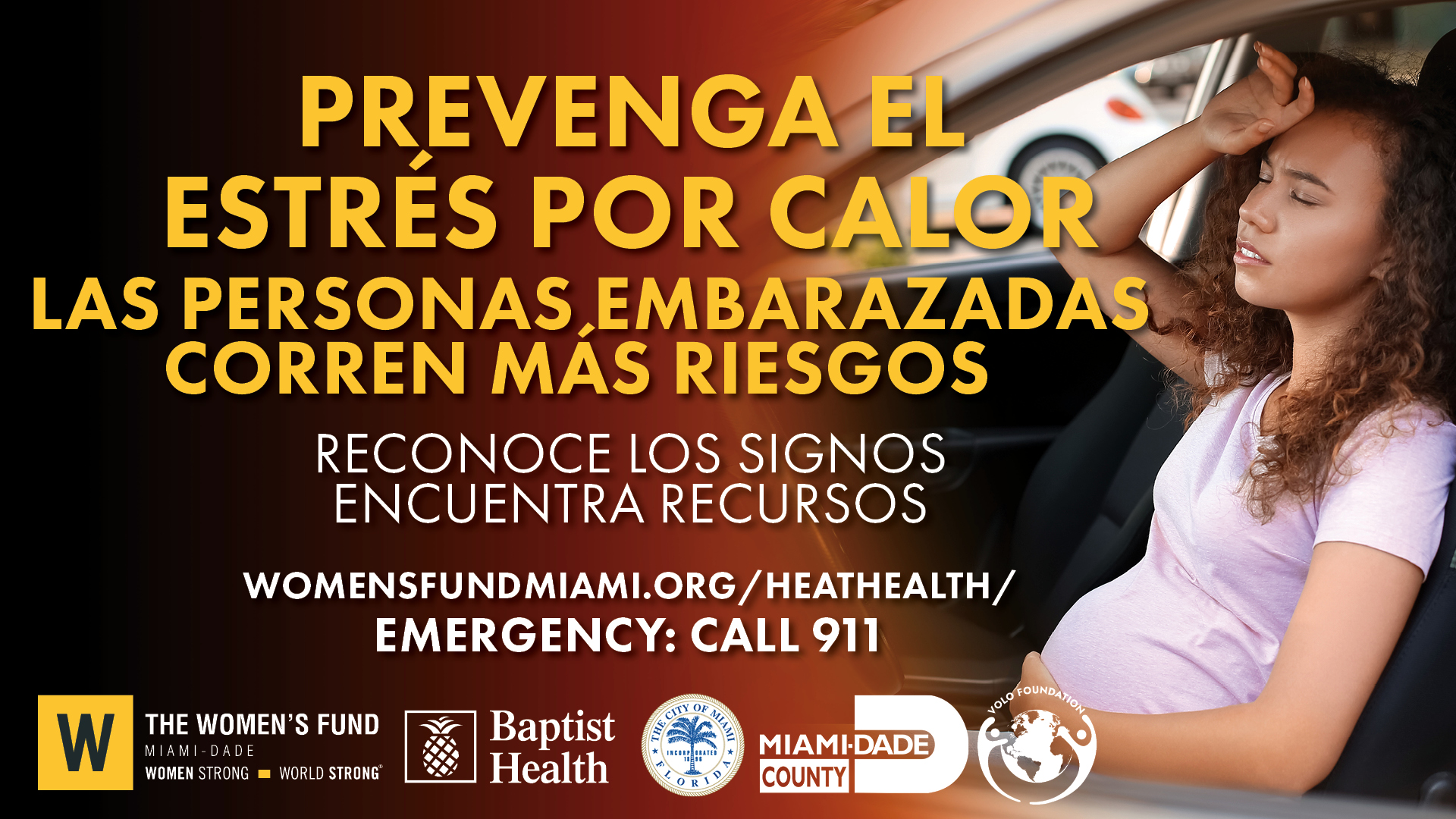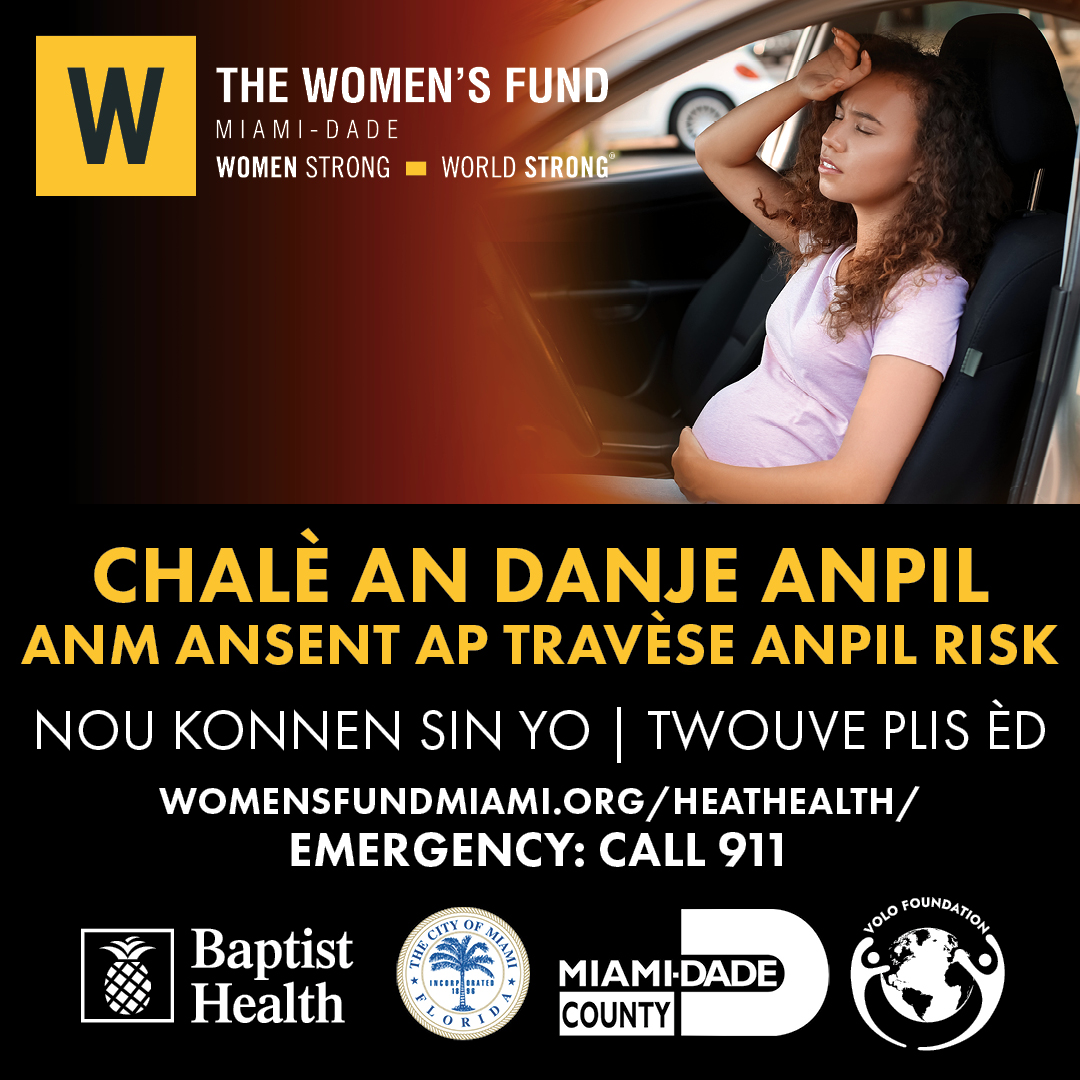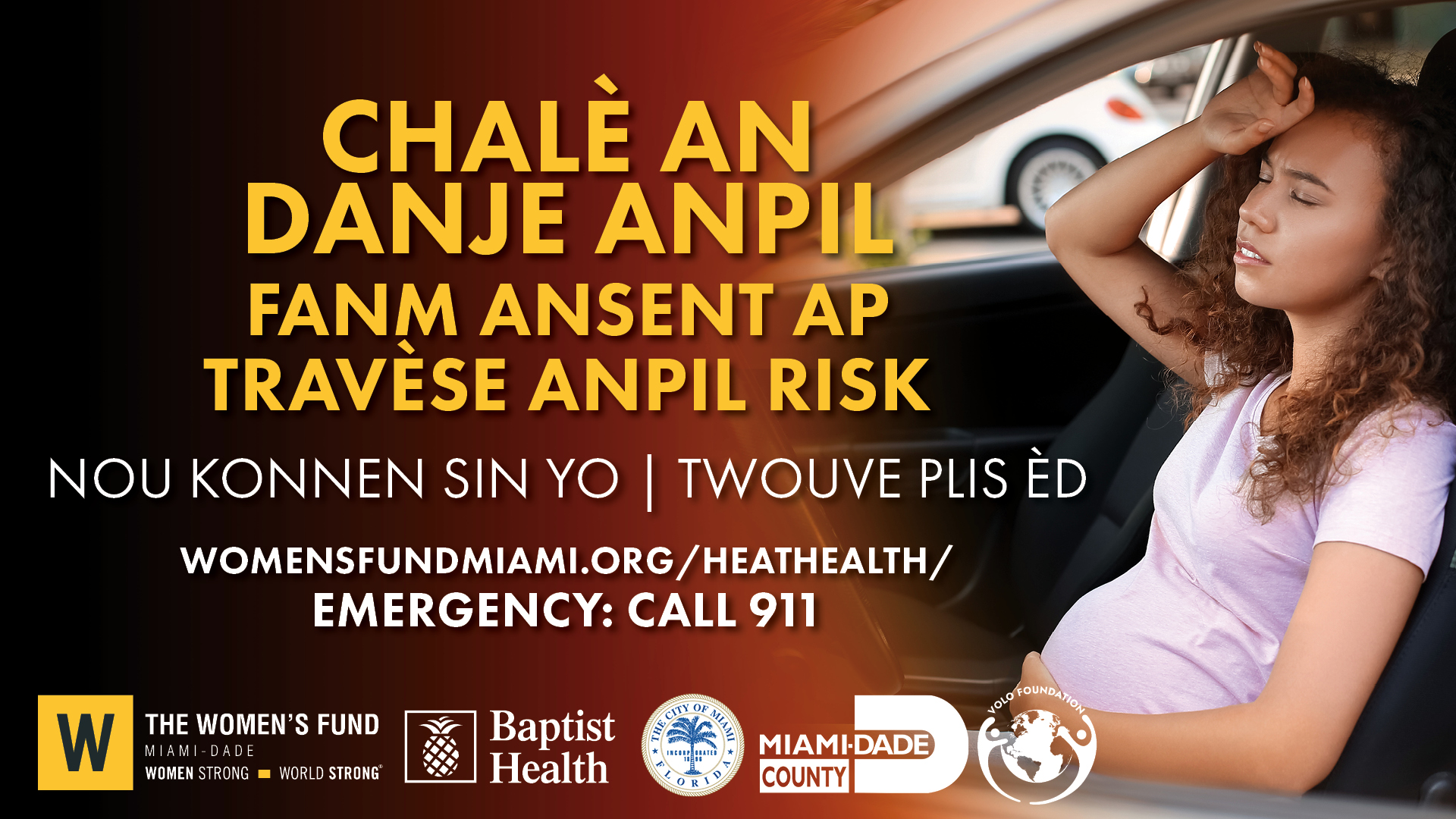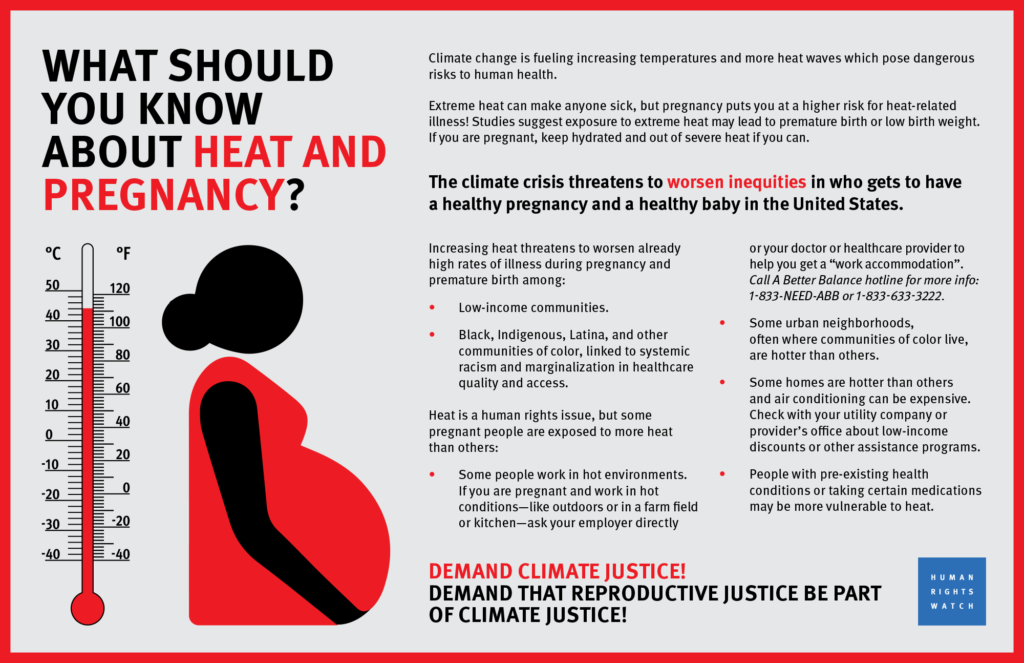Heat Awareness and Health
Extreme Heat Warnings and Safety: What You Should Know & What You Can Do
Miami is experiencing more heat than ever before, and climatologists predict significant further increases in record-breaking temperatures for our city in the future. By definition, extreme heat is a period of high heat and humidity with temperatures above 90 degrees for at least two to three days. Learning about heat’s impacts on your health is important.
Because Miami is subtropical, the dangers of heat are often underestimated. High temperatures are linked to increased hospitalizations, deaths, and many other adverse health impacts. In fact, nationally, extreme heat is responsible for the highest number of annual deaths among all weather-related hazards.
Heat Awareness Press Conference Invitation, on National Heat Awareness Day Friday, May 27th.
Remember:
- Extreme heat can occur quickly and without warning.
- Humidity, as measured by the heat index, increases the danger of high temperatures.
- Heat is variable, and parts of Miami with less shade and more concrete and asphalt for example, may be much hotter. People may also be exposed to more heat because they work outside or in hot conditions, their commute or because they do not have air conditioners or live in poorer quality housing.
In extreme heat, your body works extra hard to maintain a normal temperature. Everyone is at risk from heat, but some people face increased risk:
- Exposure to high temperatures for pregnant people has been linked to premature birth, low birth weight and even stillbirth. Pregnant women are also more vulnerable to heat stress themselves.
- Babies are at risk from heat illness because their bodies are poor thermoregulators. Children are also vulnerable and may be exposed to more heat or be slow to realize or say they are thirsty dehydrated.
- Older adults are at greater risk of death in heat waves and are generally more at risk for illness and death in higher temperatures, even when no heat emergency has been declared.
- Heat puts extra strain on the heart and other organs and people with circulatory or respiratory conditions as well as people who are overweight are more at risk of heat illness.
- People who work in hot conditions, such as agricultural or construction workers, are at greater risk and they should take additional protective steps such as breaks and frequent access to water and shade.
- Heat can have negative impacts on mental health. People taking certain drugs, such as some antidepressants, and consumption of alcohol or recreational drugs can also increase risk of heat illness or death.
- Across the United States, studies have found that marginalized communities, often communities of color or low-income communities, live in hotter neighborhoods, hotter housing and have fewer resources to protect themselves from heat, for example through air conditioning. Low-income workers often work in hot conditions that merit work accommodations, especially when pregnant.
For more information and tips to beat the heat, please click on these buttons below.
Help Us Spread The Message
